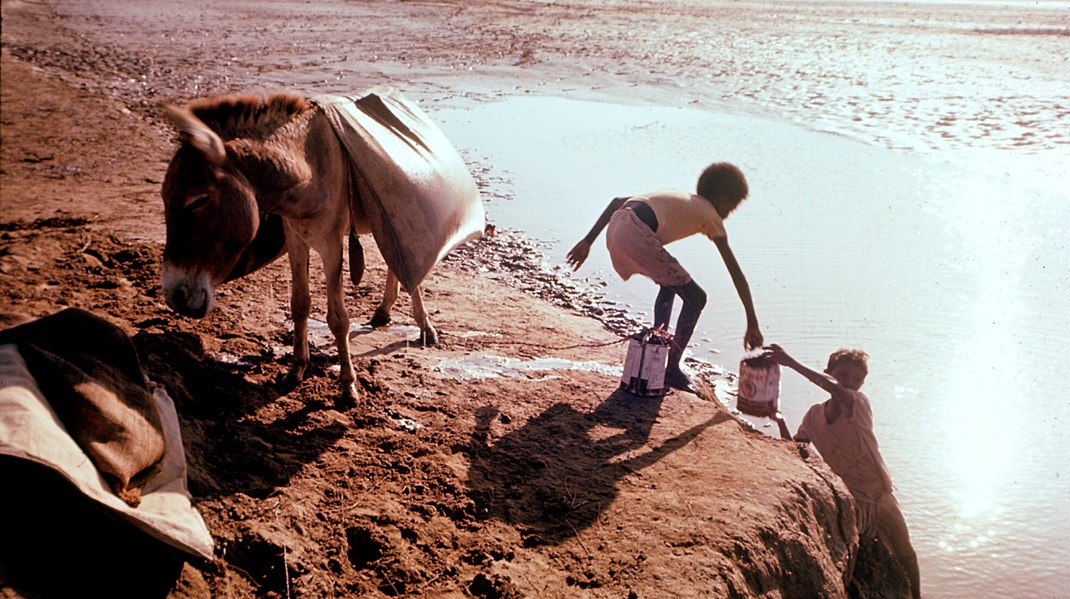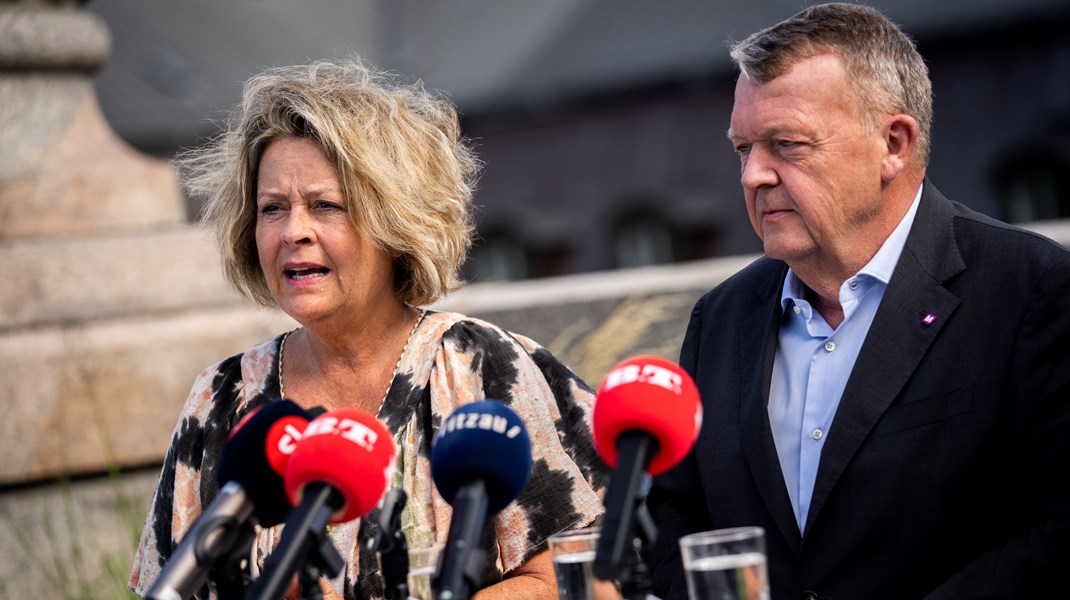Violence keeps almost two million children in West and Central Africa out of school
Introduction
“For us to develop, we need education. Especially for girls. Without education, our children are facing a future of joblessness and poverty. It is a catastrophe.” – Father Arcadius Sawadogo
Father Sawadogo lives in Dori, northern Burkina Faso, in a part of the country where thousands of schools have been shut down or destroyed. Sadly, attacks on schools are not a rare occurrence in West and Central Africa. As of June 2019, 1.91 million children were being robbed of an education in the region due to violence and insecurity in and around their schools. In Burkina Faso, Cameroon, the Central African Republic, Chad, the Democratic Republic of the Congo, Mali, Niger and Nigeria, a surge in threats and attacks against students, teachers and schools – on education itself – is casting a foreboding shadow upon children, their families, their communities and society at large.
Among other key facts regarding this crisis (see box on page 3), it is worth noting that according to the Annual Report of the United Nations Secretary-General on Children and Armed Conflict: 1. More than one quarter of the 742 verified attacks on schools globally in 2019 took place in five countries across West and Central Africa. 2. Verified attacks on schools in Mali doubled between 2017 and 2019, and a sharply rising number of schools have closed or become non-operational due to violence in Burkina Faso, Mali and Niger over the last two years. 3. And the Central African Republic saw a 21 per cent increase in verified attacks on schools between 2017 and 2019.
Despite the risks they face, communities on the front lines of this struggle will not rest until their children are guaranteed the education that is every child’s right. But it will indeed be a struggle without greater support, given that education-in-emergencies programmes in West and Central Africa remain severely underfunded.
This must not become a forgotten crisis.
Without education, children face a future stripped of hope. The life of a child kept out of school is a tragedy of unfulfilled potential and lost opportunity. In a region confronted by increasingly complex conflict and instability, education can never be an option; it is a necessity and a matter of survival. Regardless of conflict, children must be provided with the opportunity to acquire the skills, knowledge, values and attitudes they need to become responsible, active and productive adults. Out-of-school children also face a present filled with dangers. Compared to their peers who are in school, they are at a much higher risk of recruitment by armed groups. Girls face an elevated risk of gender-based violence and are often forced into child marriage, with ensuing early pregnancies and childbirth that threaten their lives and health. Both boys and girls become easier targets for traffickers and are quicker to fall prey to recruitment into armed groups.
Thirty years after governments around the world adopted the Convention on the Rights of the Child, the right to an education is in jeopardy today in communities affected by conflict in West and Central Africa. Now more than ever, governments must reaffirm their commitment to education and protect spending on education for their youngest citizens. Now is the time for renewed efforts to make sure the potential of a generation of young people is not wasted.


